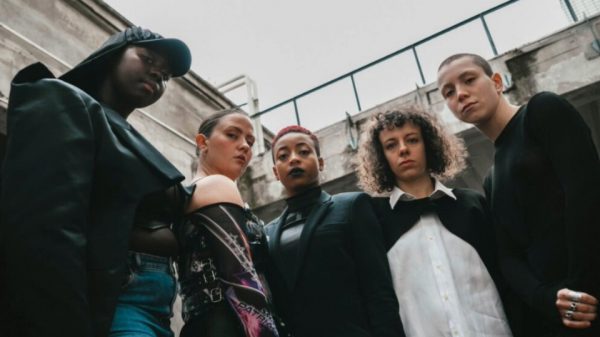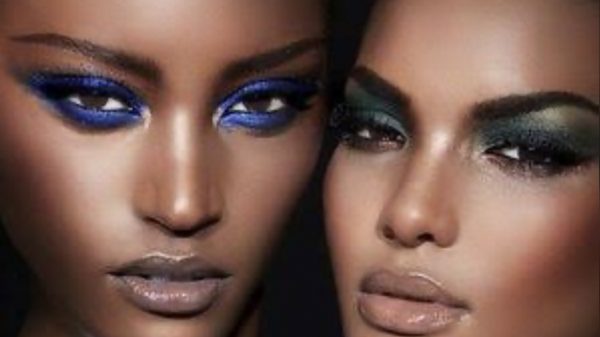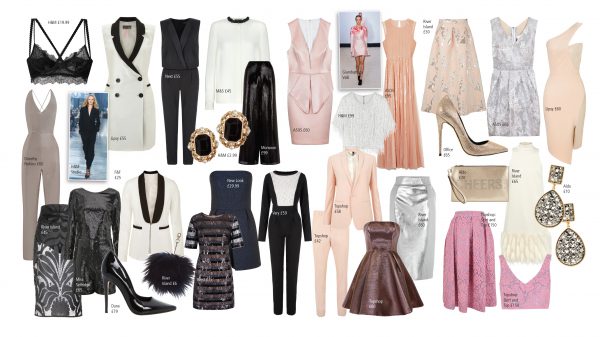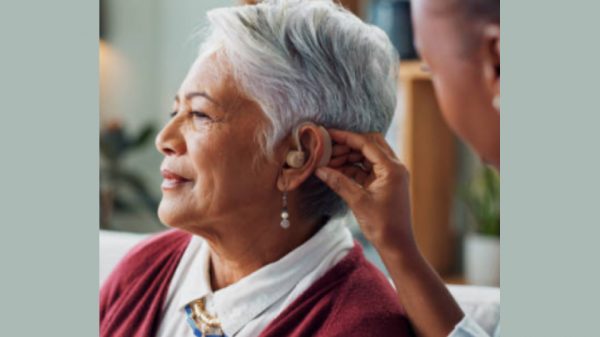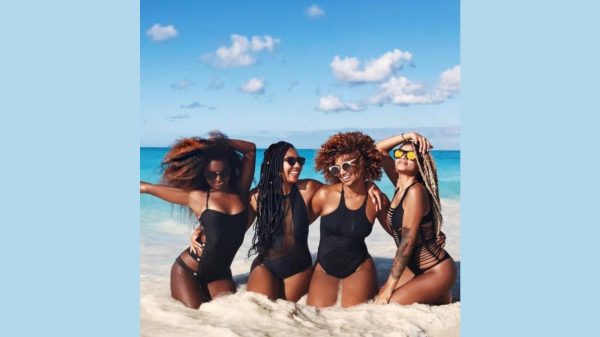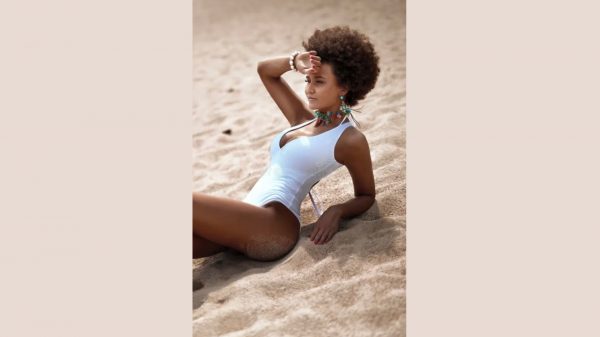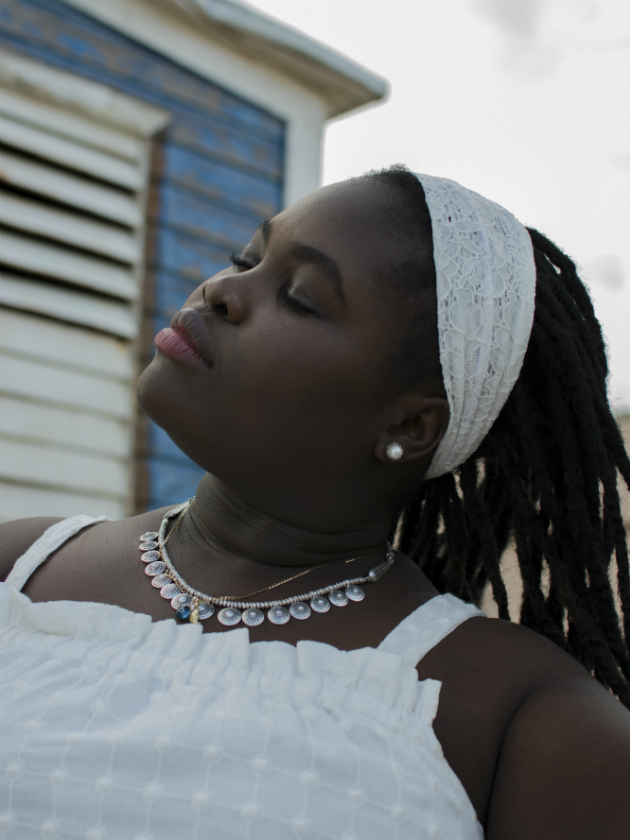The Cuban singer speaks about keeping Santería traditions alive in her music and being comfortable in her own skin
Daymé Arocena is really sorry to have missed my call.
When the phone line connects us, a few days after we’d originally scheduled to speak, this is the first thing she says – she slept through her phone ringing the first time, after some painkillers she’d taken to ease the new aches of a yoga beginner had kept her in a deep sleep.
‘My body wasn’t ready for it, it was a big impact for me!’ She admits. ‘My fingers to my legs, everything hurts.’
However, it’s the kind of sacrifice that she is willing to make for the sake of her art. Being five years into being an internationally touring artist is no easy feat for the body, and in her words: ‘My body is telling me, “Hey, you need to calm down.” But I cannot calm down; I really want to keep performing on stage, dancing as I dance, touring as I tour, so I need to bring this kind of discipline to my body to be ready for touring life.’
Despite the pains, the soulful and dynamic songstress is perky and engaged, and ready to speak openly about her experiences as an artist whose name is getting more popular around the world, year on year. Born and raised in Havana, Cuba, she represents the culture of her country in her music and her live performances, rooted in the island’s religious and cultural practice of Santería – a combination of West African Yoruba traditions and Spanish Catholic beliefs, melded together during the slavery era. As a practitioner of Santería herself, it’s something that means a lot to her, and is integral in her creative expression. Often combining her powerful vocals with big, energetic moves, Daymé Arocena manages to enchant her fans, whether they’re fluent in the Spanish language or not. With her music taking influence from a variety of styles, her projects aim to take listeners on a journey.
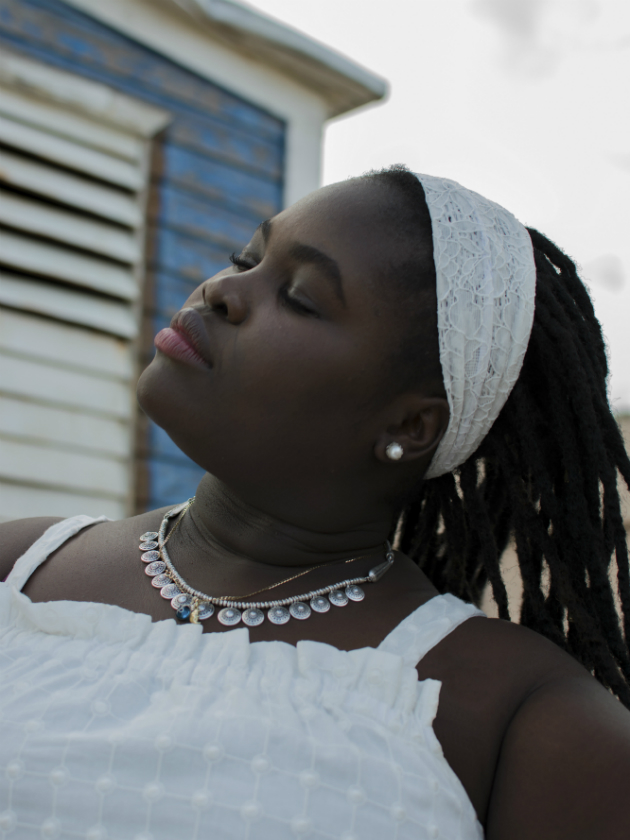
Ahead of her live show in London (Southbank Centre, 4th October) and the release of her new album, Sonocardiogram, Daymé spoke to us about the practical realities of being a travelling Cuban musician, and how important it is to represent histories of the African diaspora in everything she does.
Your musical journey started relatively early – you were accepted into music school at age nine, showing just how soon your talents were clear! What were some of your first musical influences?
Daymé Arocena: When I was four or five, I was really influenced by really strong singers like Whitney Houston. I was really impressed by people who could do crazy things with their voices. I was really impressed by George Benson and the scatting he could do with his voice. My father really liked American music, smooth jazz, cool pop – so I really liked and tried to imitate a lot at that age. But of course at one point, I discovered my own voice. But it’s a journey; I’m still finding my voice! (She laughs.) Music is the journey of my life, and defining my own style is something I’ll do my whole life.
Something that stands out in your music is the connection to Santería, and the music style. Why is this something that’s important for you to incorporate into the music you put out?
Daymé Arocena: Cuba is a country that has this rich culture based in West African influences, from slavery. Also, we have all the influence from Spanish music, which is pretty African too; we also have influences from classical music, like Beethoven, Mozart… but I think, from the first classical composers of Cuba in the 19th century, they’ve always investigated the roots of Cuban music – and that’s Santería. So what I’m doing isn’t new, or different – it’s just a part of Cuban music. In my case, I discovered Santería music when I was 16-17 years old at school, and I fell in love with the sound of the batá drums. Some say that my songwriting found the base in Santería music because all the rhythmic and melodic information it gives – and I can agree. When you have that tool in your hand, you can do what you want.

As a Black Cuban singer, there aren’t many others in the contemporary music industry like you. Do you feel something of a responsibility to represent Black Cuban identity and share it with the world?
Daymé Arocena: When it comes to music markets like the UK and US, the music of today – soul music, R&B, blues, pop music – all of those [genres] are like daughters and sons of gospel and spiritual, coming out of all of the African slavery that America and these kind of countries had. Of course, there’s music that I really like. But in my case, I feel like I need to represent the slavery legacy that my ancestors left in my island; it is totally different. When slavery was happening in Cuba, my West African ancestors found a way to retain their culture. They didn’t change their deities into saints – they just mixed them, and now we have this fusion and retention of Africa as a part of our lives.
I think Cuba could teach the world how important it is to keep the culture, through the multiculturalism we have. We understand that you can go to church every Sunday, and your Santería priest at the same time, and there’s not a problem. Santería is not only Yoruba at all – it’s Yoruba and Catholicism at the same time, a combination. For me, it’s a nice thing, to keep culture and legacy alive.
Was it always an aim to achieve international success with your music?
Daymé Arocena: It’s a dream for every single Cuban, to become successful or famous out of the island – as an island, we don’t have bordering neighbours. You can’t just drive to the next country and bring your music out – someone has to discover you in the middle of the ocean. Also, we have a different political system, so making business with Cubans can be complicated because we live a life that is totally different to the rest of the world. For example, we just got internet on our phones in January – and still, most people can’t really afford that. So imagine dealing with musicians that can’t do most of the things other musicians can do; someone who doesn’t have a credit or debit card? Things that are really simple and really normal everywhere, in Cuba are like dreams. A recording label outside of Cuba has to really believe in you, and your music for you to make it.
As you get more popular, how do you ensure you can connect with fans, even if there might be a language barrier?
Daymé Arocena: My music is pretty honest – I like to perform the music I write. So even when I’m on stage performing, and people can’t understand a word of what I’m saying, I want them to take home the honesty of my creation. I’m someone who’s really proud of myself, as I am; I’m someone who’s really confident in my body, in my blackness, in my roots of my happiness and sadness. My music is a bridge to all who hear it. Some people in the world don’t understand themselves, or aren’t proud of who they are. Some people in the world don’t know themselves. But I want all of these people in the world to find themselves in my music – that’s why I like people singing along, even if they don’t know what they’re saying – because when you sing and dance, you express yourself. You’re not worried about what people are saying or thinking about you; you’re free.
Daymé Arocena’s latest album, Sonocardiogram, is out now. For tickets, to her London show on Friday 4th October, head to www.southbankcentre.co.uk/whats-on/129693-dayme-arocena-2019






